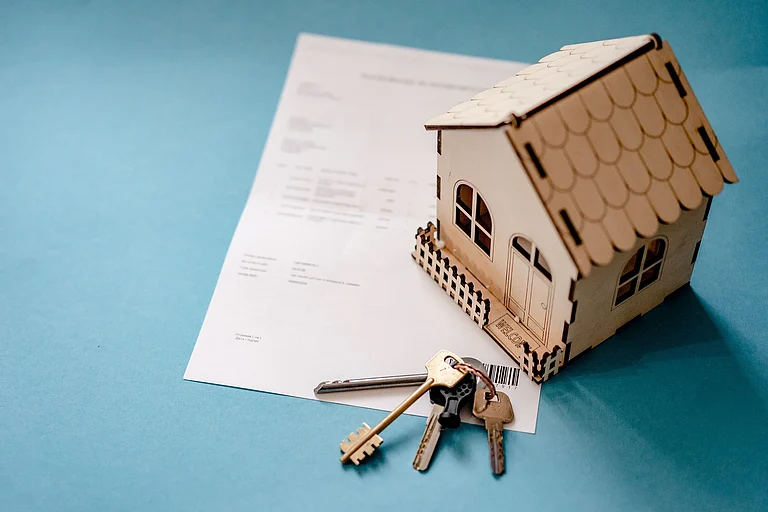Buying a home is usually considered a lifelong investment. But many buyers skip one integral step, along with budget and location: a plan for exiting. An exit strategy allows the buyer to liquidate the property by way of sale or lease at a suitable time. Having an exit strategy is important because unlike stocks, mutual funds or bank deposits, real estate is highly illiquid and can take months or even years to offload at a desirable price.
Why it Matters Now
The property market fluctuates with interest‑rate changes, government policies and infrastructure development. Without a defined exit plan, sellers may have to sell at lower prices during market downturns in case of a liquidity issue or some emergency. Liquidity constraints usually emerge in case of emergency medical needs, job relocations or family obligations, and converting a physical asset like real estate to cash isn’t instantaneous because of its high rigidity. So, a forward‑looking plan earmarking a predetermined disposal time offers some degree of flexibility and often prevents reactive distress sale, as the seller usually has in place other resources to liquidate to meet the cash crunch necessitating such emergency expenses.
Primary Exit Options
Long‑Term Rental Hold: Renting out the home (in case you are not living there) will provide you with monthly income to supplement your equated monthly instalments (EMIs) on your home loan, if you are still servicing any home loan. You can also claim tax advantages on your interest deductions and principal repayment and standard allowances on rental income under the old tax regime. But vacancy, maintenance and tenant management are inherent risks.
Sell-After Appreciation: Choosing to sell your property after it has appreciated in value is a classic strategy. Appreciation in metro suburbs over 5-10 years can yield a solid return on investment.
Sell to Upgrade: Many buyers opt for a starter home and later upgrade to a bigger house. Building equity through gradual ownership lets the buyers move to larger or better‑located homes. The strategy demands precise timing to avoid overlapping costs of stamp duty, and brokerage when selling one home and acquiring another.
Lease‑Now, Sell‑Later: Leasing while holding sale intent offers interim income until conditions favour selling. This strategy works in slow markets or during personal transitions. It requires robust lease agreements and tenancy‑law clarity.
Inheritance or Gifting: For families viewing homes as legacies, planning for a transfer to the heirs over a sale and can help them pass it on as an inheritance or gift and ensure that the property remains within the family. It will also avert any capital gains tax. However, a legal clarity through Will, gift‑deed or trust is essential.
Refinance: Refinancing reduces monthly EMIs by replacing an existing loan with a better rate or longer tenure. It may secure a top‑up amount, easing the financial burden without exiting the property. The home remains under ownership while the loan terms improve.
Wholesale: Though less common in India, wholesaling involves securing purchase rights and assigning them to another buyer before closing it. It minimises holding costs and commitment, but needs a solid understanding of the local market and legal nuances for execution.
Key Considerations
Here are some key factors one should consider as a seller
Financial Readiness: Assess the stability of your income, your credit score and your emergency reserves.
Location Dynamics: Proximity to transit hubs, schools or growth corridors enhances resale or rental opportunities.
Loan Flexibilities: Understand foreclosure charges, top‑up eligibility and rate‑switching clauses.
Time Horizon: Consider your short-, medium- or long‑term strategies, and plan your exit strategy accordingly.
Tax and Legal Preparedness: Clean title, substantiating documents and knowledge of stamp duties can help the seller during the negotiation process.
Life Changes: Job relocations, growing and shrinking families and, finally, retirement will affect your housing needs. Take these into consideration.
Liquidity Needs: Buying a home without an exit strategy is akin to driving blind no matter how right the vehicle or road ahead looks. A proper plan for renting, selling, refinancing or inheritance will provide you with a safety cushion and strategic clarity and turns the property from a passive burden into a managed asset that grows with your life’s changes.














